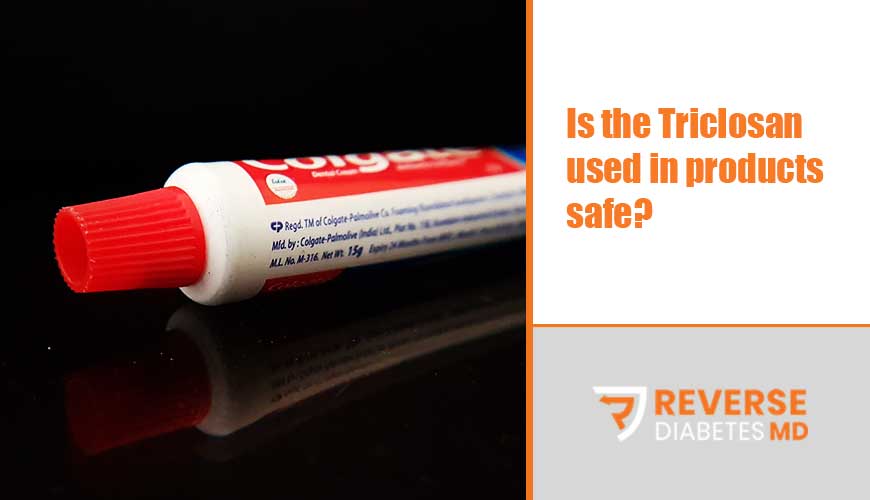Important Points:
- Soaps
- Triclosan
- Inflammation
- Colitis
Is the Triclosan used in products safe?
Triclosan, a common antimicrobial often used in making soaps, toothpaste, hand sanitizers, body washes and kitchenware, has been found to aggravate risk factors for gut inflammation and promote the development of colon cancer through the process of altering the gut microbiota according to a study in the journal, Science Translational Medicine. In their lab test, it was demonstrated that mice showed low-grade inflammation when given triclosan. After three weeks, the inflammation had developed into full-blown inflammatory bowel disease. After feeding the mice with the same amount of triclosan found in human blood concentration, the mice developed a condition called colitis, a colonic inflammation leading to bleeding, diarrhea, pain, and abdominal spasms. Besides this, triclosan was also shown to negatively affect the immune system of the mice.
Yet despite these effects, triclosan remains a widely used ingredient in cosmetics and sanitation. In fact, according to the National Health and Nutrition Examination Survey, over 2,000 consumer products contain triclosan and about 75 percent of users whose urine was sampled showed the presence of the ingredient.
Studies like these are strong rationales on why there is now a global movement to ban triclosan from body use and to switch to safer antimicrobials free from harmful effects.
A common antimicrobial additive increases colonic inflammation and colitis-associated colon tumorigenesis in mice
http://stm.sciencemag.org/content/10/443/eaan4116
Urinary Concentrations of Triclosan in the U.S. Population: 2003–2004






